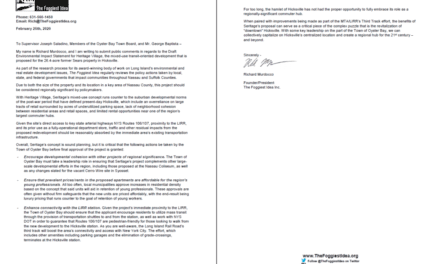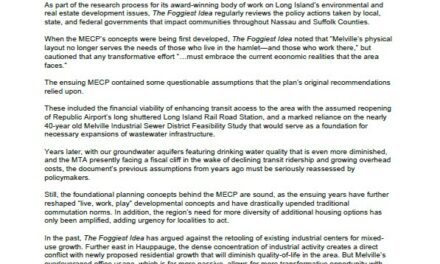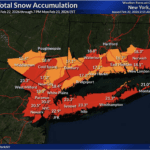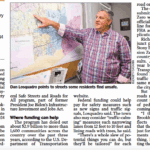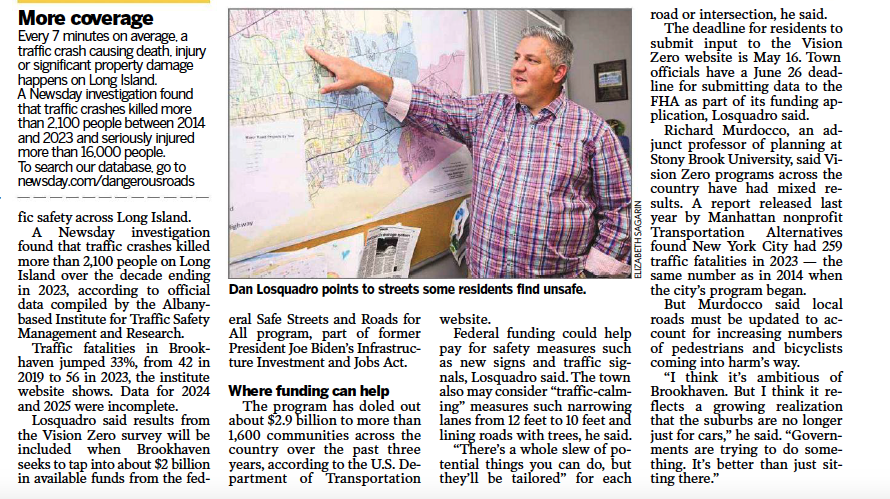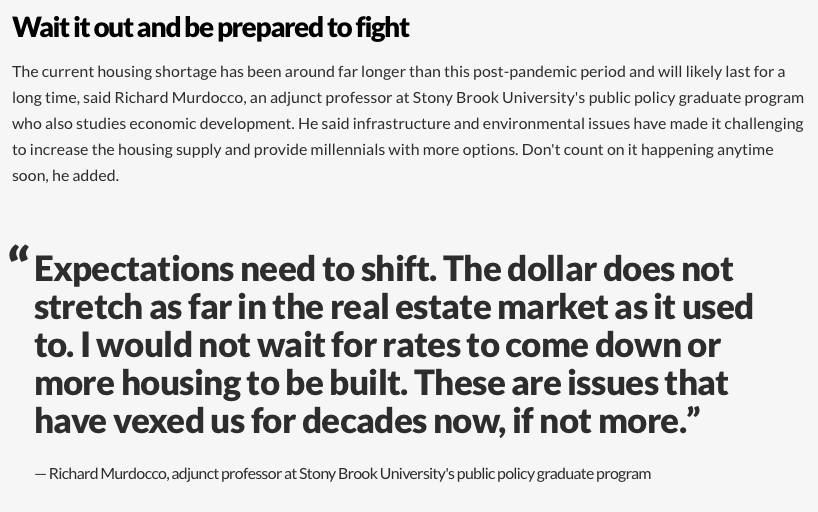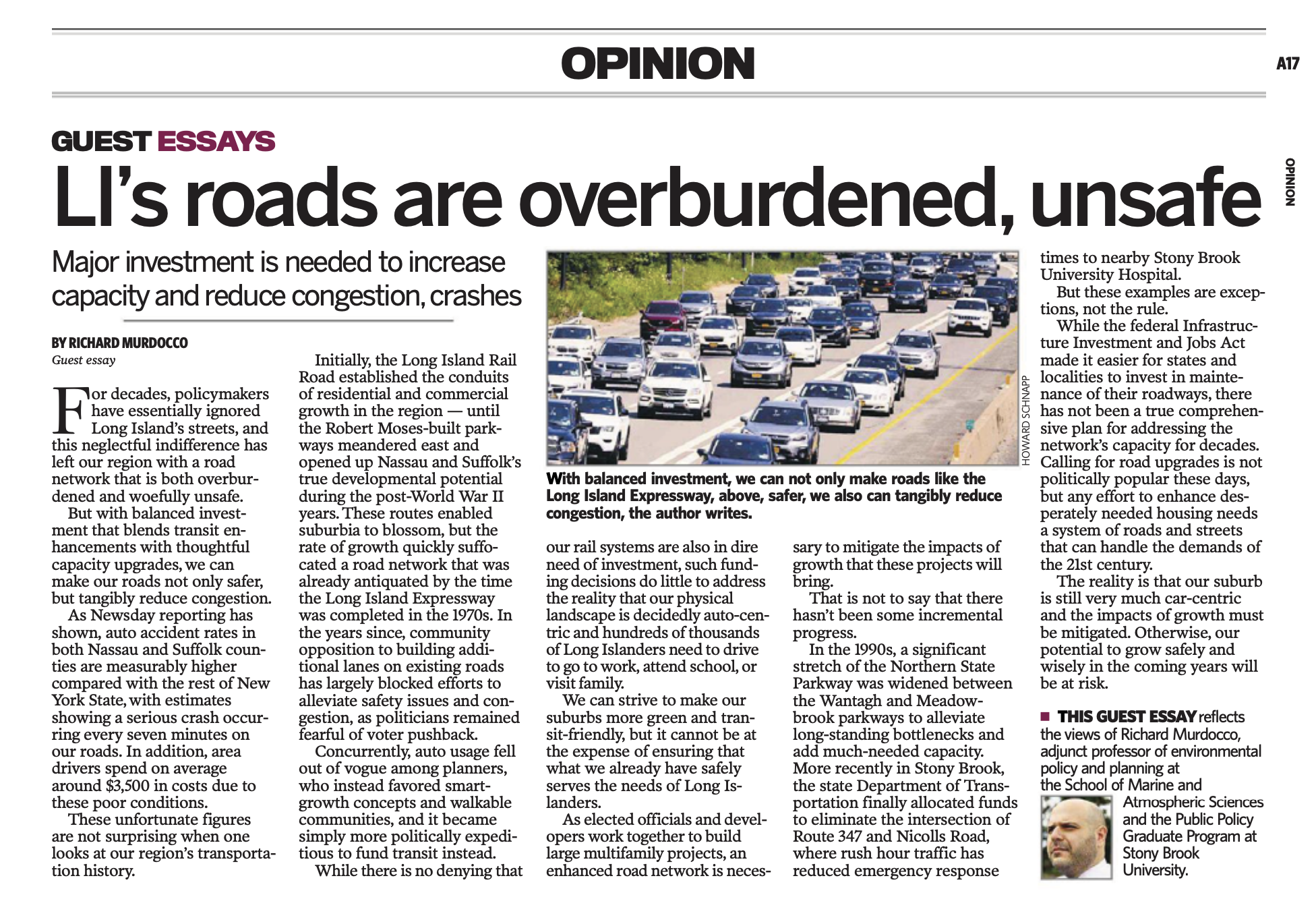The following was submitted to the Long Island Commission for Aquifer Protection on October 13, 2016.
My name is Richard Murdocco. I am the founder and publisher of The Foggiest Idea, and am land use columnist who writes professionally on regional real estate development issues. I am here this evening to share my perspective on the Long Island Commission for Aquifer Protection’s State of the Aquifer Report.
The State of the Aquifer Report lives up to its name – from naming the linkage between land use and water quality, the changes climate change will bring to our water table, to the marked need to curb excess consumption in the coming years, the report accurately outlines many of the threats our groundwaters face.
Moving forward, it’s essential that this panel does not get mired down in the buzzword-driven planning efforts I’ve seen so many other environmental efforts in the region fall victim to, such as the creation of supposed “smart growth” projects that are not located near transit hubs or “sustainable” projects that do not incorporate LEED standards in their design.
It is the job of this commission to be a fierce advocate for water protection at a time when elected officials on Long Island love calling for an expansion of sewer infrastructure without taking into account how such systems will impact water tables and future development trends. At a time when there is a rising call to relax local zoning standards to allow for more residential density, this commission must be the rational voice that urges elected officials and developers to balance their need for economic growth with the carrying capacity of Long Island’s aquifer.
This commission’s recommendations must be grounded solely in environmental science, and work to make realistic policy prescriptions that ignore the ever-present desire present in this region for economic growth to trump environmental necessity.
I look forward to working with the LICAP in order to ensure our drinking water is protected from its biggest enemies – political shortsightedness, industry greed, and at times, Long Islanders themselves.


